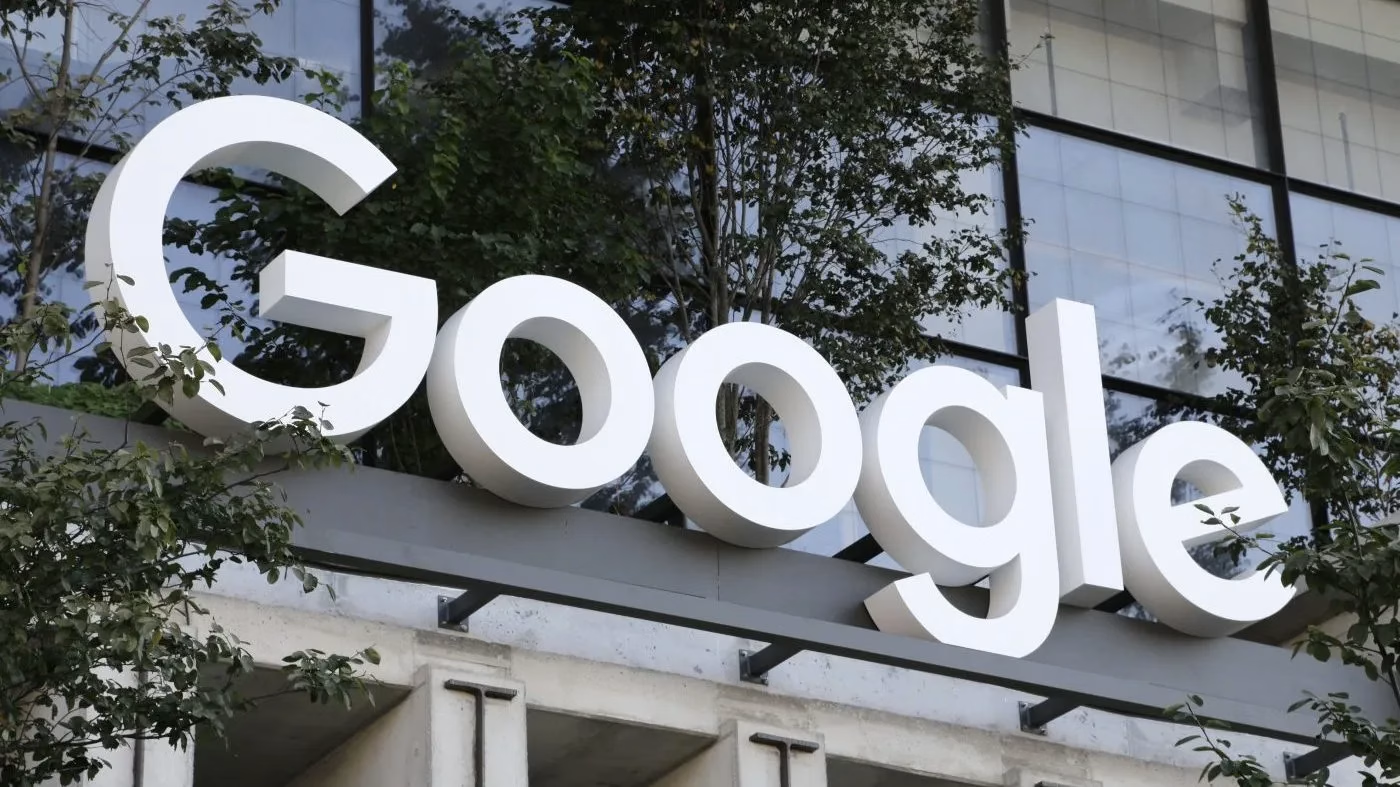Google's latest proposal for app store reforms, a significant move in its protracted legal battle with "Fortnite" creator Epic Games, has failed to satisfy the gaming giant, setting the stage for a critical court hearing on November 15, 2025. This development, occurring after Google submitted its revised terms to the U.S. District Court in California on October 28, 2025, underscores the ongoing tension between platform holders and developers over digital marketplace control. Epic Games quickly voiced its dissatisfaction on October 30, deeming the concessions inadequate.
Stalled Settlement Talks and Proposed Changes
The current situation stems from a 2023 antitrust lawsuit where a jury found Google guilty of maintaining an illegal monopoly via its Google Play Store. The proposed settlement aims to address these findings. Google’s revised terms, building upon earlier rejected proposals from 2024, introduce several key concessions.
Foremost among these is an extended timeline for reforms, now spanning five years, up from a prior three-year offer. Google intends to allow competing app stores, like the Epic Games Store, to be either pre-installed or easily accessible on Android devices for this period, affecting an estimated 136 million U.S. Android users. They've also committed to no interference with updates for these third-party stores, a notable differentiator from the more restrictive iOS ecosystem.
Furthermore, the proposal touches on billing alternatives. Developers would gain the ability to use their own payment systems, sidestepping Google's standard 30% fee for the first $1 million in annual revenue. This allowance would extend to all apps, an improvement over earlier small developer exemptions. To address concerns about installing apps outside the Play Store, Google is also simplifying sideloading warnings and processes, while still integrating improved security scans via Google Play Protect. Crucially, API access for third-party stores to integrate with Android's ecosystem is also part of the package, potentially reducing fragmentation. The settlement also includes a $700 million fund for consumer restitution, unchanged from earlier 2024 proposals.
Epic's Rejection and Industry Scrutiny
Despite these proposed changes, Epic Games remains unconvinced. Tim Sweeney, Epic's CEO, expressed the company's stance on October 30, 2025, labeling Google's offer as merely "a temporary band-aid that preserves their monopoly." Epic continues to push for "permanent changes," specifically advocating for unrestricted sideloading and zero-fee alternatives to Google Billing. The gaming giant's motivation is clear: its absence from the Play Store since 2020 has cost Epic an estimated $1.2 billion in potential revenue.
Community reactions online have been mixed. Android developers, particularly on platforms like Reddit, generally praise the potential for lower fees, given Google's standard 15-30% cut. Many support Epic's advocacy for "open ecosystems." However, gamers, especially Fortnite players, express frustration over the persistent app store barriers, with recent sentiment analysis showing a 65% negative view towards Google.
Industry experts share nuanced opinions. Gene Munster of Deepwater Asset Management described the proposal as "a step forward but not revolutionary," suggesting it might reduce Google's app store dominance by 10-15% if implemented. FTC Chair Lina Khan, speaking on CNBC, underscored the broader implications, stating, "This highlights the need for structural changes in Big Tech." Tech reviewers at The Verge also called the proposal "insufficient for indie developers," even while acknowledging Epic's role in driving industry-wide change.
Global Pressures and the Path Forward
The push for app store reforms in the U.S. doesn't exist in a vacuum. Google's proposal aligns with increasing global regulatory scrutiny. The EU's Digital Markets Act (DMA), effective March 2024 and updated in October 2025, has already prompted Google to announce compliance measures for European markets, including easier sideloading. Similar pressures from India's CCI rulings and South Korea's existing laws have forced Google to adapt, with reduced fees and alternative billing already in place in those regions. Indeed, South Korea has served as a "test case" for such reforms.
With no major breakthroughs reported in the last 48 hours as of November 5, 2025, all eyes are now on the U.S. District Court in California. The November 15 hearing will critically review the terms of Google’s proposal and Epic's objections, potentially shaping the future of app distribution and digital commerce for millions of Android users in the U.S. And it's a decision that will undoubtedly have reverberations worldwide.
